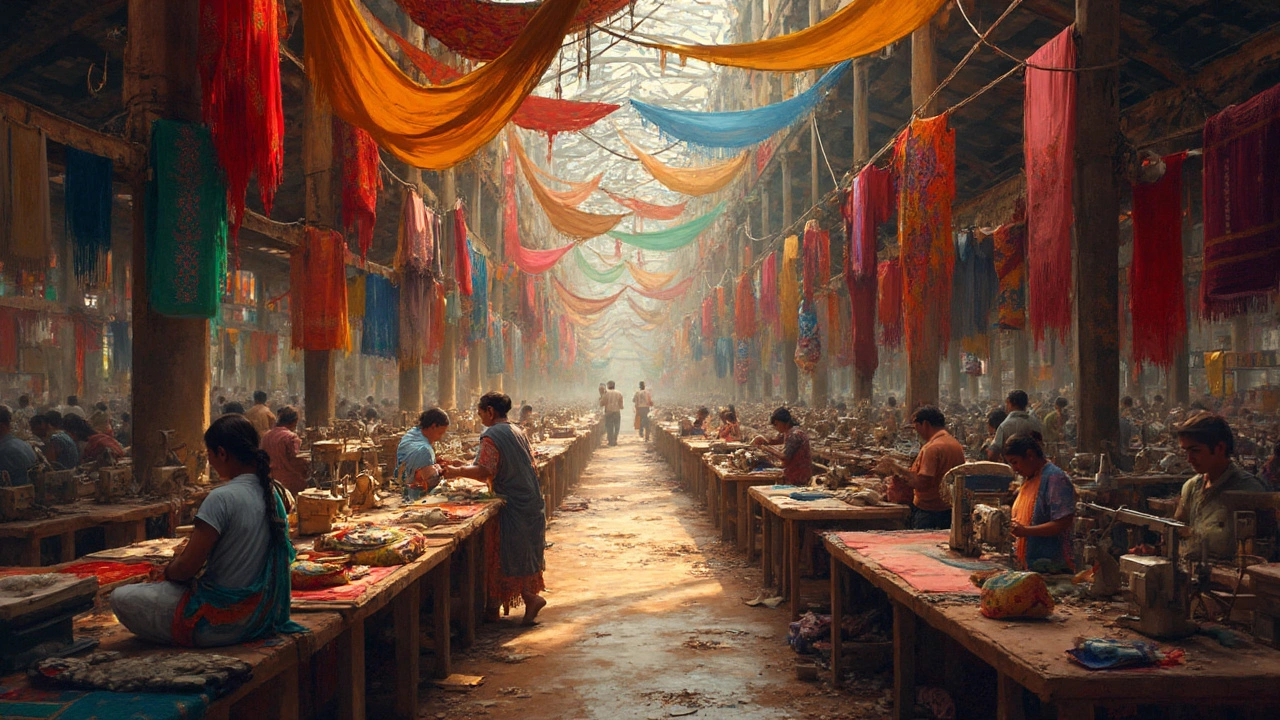Top Textile Manufacturer – What Sets the Leaders Apart
If you need fabrics that hold up, look good, and arrive on time, you’ll end up asking one simple question: who’s the top textile manufacturer? The answer isn’t just a name on a website; it’s a mix of quality control, technology, scale, and after‑sales service. In this guide we break down the traits that separate the best from the rest, point you to the biggest Indian players, and give you a quick checklist for picking the right partner.
What Defines a Top Textile Manufacturer
First off, a top textile maker invests in modern looms and eco‑friendly processes. That means tighter tolerances, better colour consistency, and lower waste – all of which lower your cost per yard. Second, they run a robust quality‑assurance system: in‑line sensors, lab testing, and third‑party certifications (ISO, Oeko‑Tex, etc.). Third, they can handle both small‑batch custom orders and large‑scale production without compromising lead times. Finally, reliable logistics and clear communication seal the deal; you want a partner who updates you at every step, not one who disappears after the order is placed.
Leading Textile Makers in India
India houses a handful of giants that consistently rank as top textile manufacturers. Companies like Arvind Limited, Vardhman Textiles, and Welspun India dominate the cotton and synthetic segments thanks to massive capacity and a strong export network. Smaller but highly specialized firms, such as Nahar Spinning Mills and Trident Group, excel in technical fabrics and sustainable yarns. These players have earned a reputation for meeting international standards while keeping prices competitive, making them go‑to choices for brands worldwide.
When you compare these firms, look at their product portfolio, export history, and the certifications they hold. A company that ships to Europe and the US already complies with strict safety and environmental rules, which saves you time on paperwork. Also, check their turnaround time – some manufacturers promise 30‑day delivery for bulk orders, while others need 60‑90 days. Pick the one whose timeline matches your project schedule.
Now that you know the hallmarks of a top textile manufacturer and have a short list of Indian leaders, use this quick checklist before signing any contract:
- Does the mill have ISO 9001 or Oeko‑Tex certification?
- Can they produce a sample within 7‑10 days?
- What’s their average lead time for 10,000‑yard orders?
- Do they offer sustainable options like organic cotton or recycled polyester?
- Are their logistics partners reliable for your target market?
If you get clear answers to these points, you’re likely dealing with a top textile manufacturer that will deliver quality, consistency, and peace of mind. Happy sourcing!
